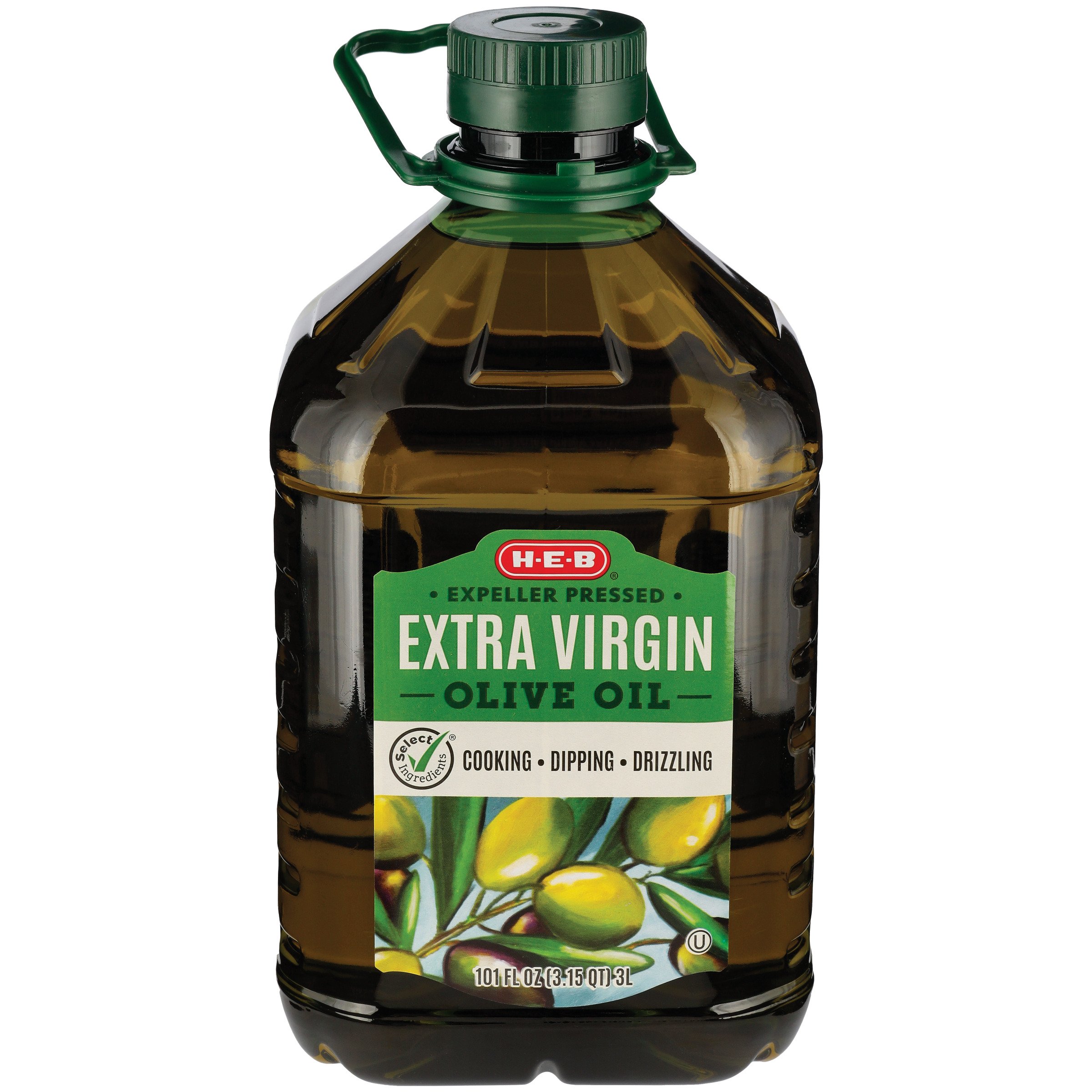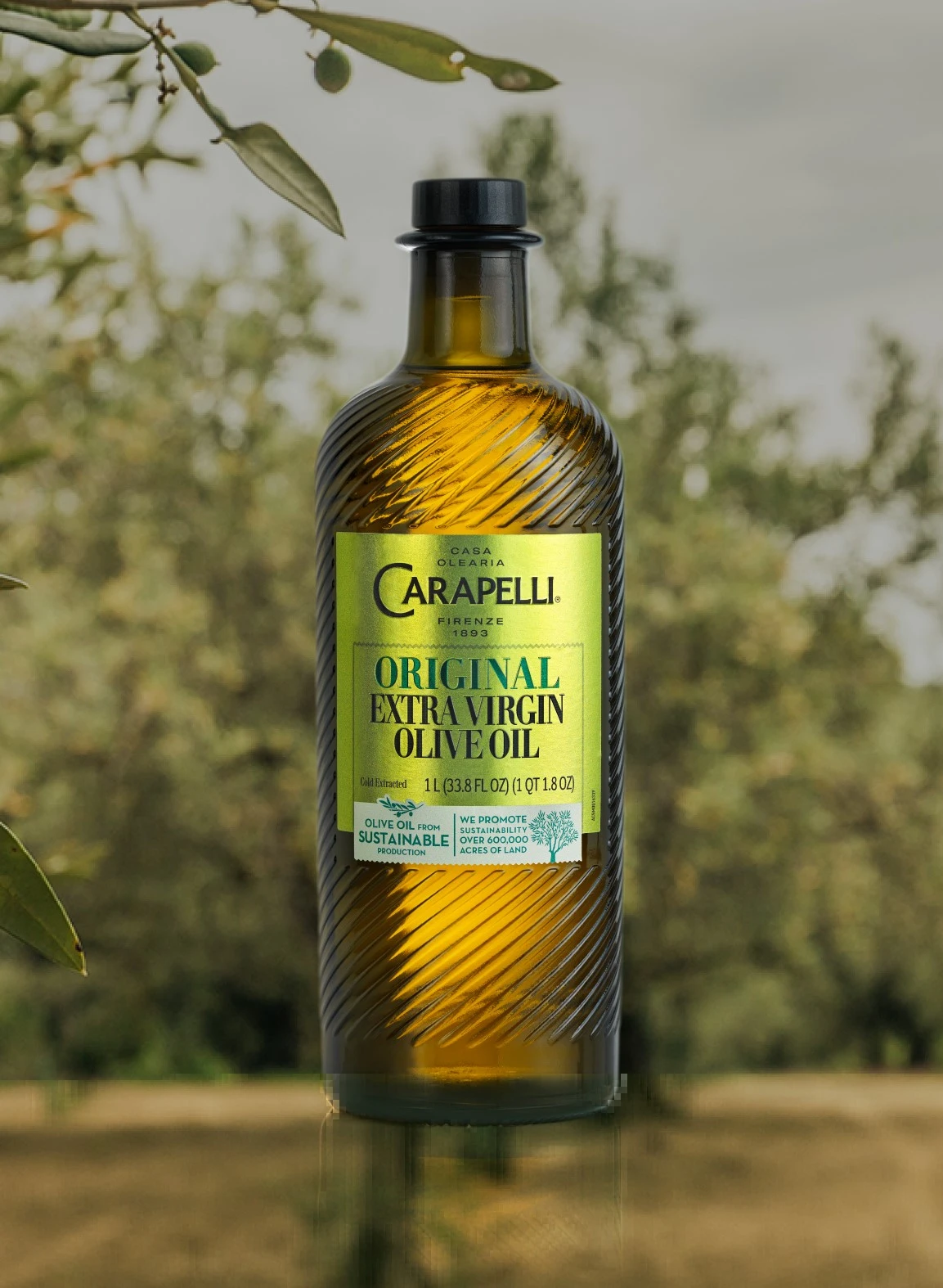Extra Virgin Olive Oil Benefits: The Key to Radiant and Youthful Skin
Extra Virgin Olive Oil Benefits: The Key to Radiant and Youthful Skin
Blog Article
Discovering the Different Kinds Of Olive Oil and Their Usages, Including Extra Virgin Olive Oil
The exploration of olive oil incorporates a diverse variety of kinds, each offering distinct tastes and cooking applications. Extra virgin olive oil, renowned for its exceptional top quality and health benefits, offers as a staple in several cooking areas, yet it is just one facet of this diverse component.
What Is Olive Oil?
Originated from the fruit of the olive tree, olive oil is a staple in Mediterranean cuisine and a crucial active ingredient in various culinary applications. This flexible oil is created by pushing entire olives, resulting in a liquid that varies in flavor, color, and scent relying on the kind of olives made use of, the area of farming, and the removal procedure. Olive oil is predominantly composed of monounsaturated fats, particularly oleic acid, which is known for its prospective health and wellness benefits, including anti-inflammatory residential properties and cardio assistance.
Along with its cooking usages, olive oil has a long history of application in conventional medicine and skincare, owing to its rich antioxidant content (extra virgin olive oil benefits). The oil is often used in dressings, marinades, and for cooking approaches such as sautéing and roasting. Its distinctive taste account can improve the taste of various recipes, making it an essential active ingredient for both home chefs and specialist chefs
Additionally, olive oil is celebrated for its duty in the Mediterranean diet regimen, which is connected with various wellness advantages. As understanding of these advantages expands, olive oil proceeds to acquire popularity worldwide as a basic part of a healthy lifestyle.
Types of Olive Oil
Recognizing the different kinds of olive oil is necessary for both health-conscious consumers and cooking enthusiasts. Olive oil is identified mainly based upon its extraction approach and high quality, which significantly impacts its health, taste, and fragrance benefits.

Light olive oil, in spite of its name, refers to a lighter taste and not reduced calories. It is suitable for those seeking a more refined taste in dressings and marinades. In addition, there are flavored olive oils infused with natural herbs, flavors, or citrus, which can enhance recipes without the requirement for additional flavoring.
Each kind of olive oil serves details culinary purposes, and recognizing these differences permits consumers to make informed options that align with their food preparation styles and wellness goals.
Bonus Virgin Olive Oil
Additional virgin olive oil (EVOO) is widely considered the finest olive oil offered, celebrated for its abundant flavor and many health advantages. To be classified as additional virgin, the oil has to be created from fresh olives making use of mechanical processes, without the usage of solvents or excessive warmth. This meticulous technique maintains the oil's natural tastes, antioxidants, and healthy fats, causing a product with a low level of acidity like this level of less than 0.8%.
EVOO is bountiful in monounsaturated fats, particularly oleic acid, which is linked to lowered inflammation and enhanced heart wellness. It additionally includes polyphenols, effective antioxidants that might offer safety results against chronic illness. The taste account of EVOO can vary substantially relying on the olive variety and region of production, varying from grassy and fruity to robust and peppery.

Culinary Use Olive Oil
In food preparation, olive oil can be made use of for sautéing, toasting, and barbecuing, supplying a much healthier option to butter or other fats. Its high smoke point makes it ideal for numerous cooking techniques, while its antioxidants contribute to a heart-healthy diet. Showering olive oil over ended up meals, such as pasta, fish, or grilled vegetables, can boost tastes and add a touch of elegance.
Moreover, olive oil plays a substantial function in baking, where it can change typical fats in recipes for bread and pastries, presenting wetness and a subtle preference. It likewise functions as a base for instilled oils, enabling chefs to experiment with tastes such as garlic, herbs, or chili, further increasing its culinary potential. Generally, olive oil's flexibility makes it essential in both home and specialist kitchen areas.
Choosing Top Quality Olive Oil
When choosing top quality olive oil, it's necessary to think about numerous essential factors that affect the item's health, fragrance, and flavor benefits. Choose for added virgin olive oil (EVOO), which is obtained from the initial cold pushing of olives and contains the greatest levels of antioxidants and useful substances. Seek oils that are certified by acknowledged companies, as this typically makes certain adherence to strict quality standards.
The packaging also plays a significant duty in protecting the oil's integrity. Choose oils kept in dark glass bottles or tins to safeguard against light deterioration. Take notice of the harvest day; fresher oils offer premium flavor and nutritional worth, so choose products that are within 18 months of their harvest.
Be aware of the preference; a good high quality olive oil must have a balance of fruity, bitter, and sharp notes, suggesting its splendor and complexity. By evaluating these elements, you can guarantee you news are choosing the ideal olive oil for your cooking requirements.
Verdict
In recap, the exploration of numerous types of olive oil exposes distinctive characteristics and applications, with Check Out Your URL added virgin olive oil representing the peak of quality because of its reduced acidity and high antioxidant content. Its versatility in cooking usages enhances flavors in dressings, marinades, and sprinkles. Recognizing the different selections of olive oil permits notified choices in food preparation techniques, advertising much healthier methods while improving the overall gastronomic experience. Quality selection remains crucial for optimum benefits.
Derived from the fruit of the olive tree, olive oil is a staple in Mediterranean cuisine and an essential component in various cooking applications.The most common types of olive oil include refined olive oil, pure olive oil, and light olive oil.Bonus virgin olive oil (EVOO) is commonly regarded as the greatest top quality olive oil available, well known for its abundant taste and many health and wellness benefits. Opt for extra virgin olive oil (EVOO), which is acquired from the very first cold pushing of olives and has the highest possible degrees of antioxidants and useful substances.In recap, the expedition of various kinds of olive oil exposes distinct characteristics and applications, with additional virgin olive oil representing the peak of top quality due to its low acidity and high antioxidant material.
Report this page